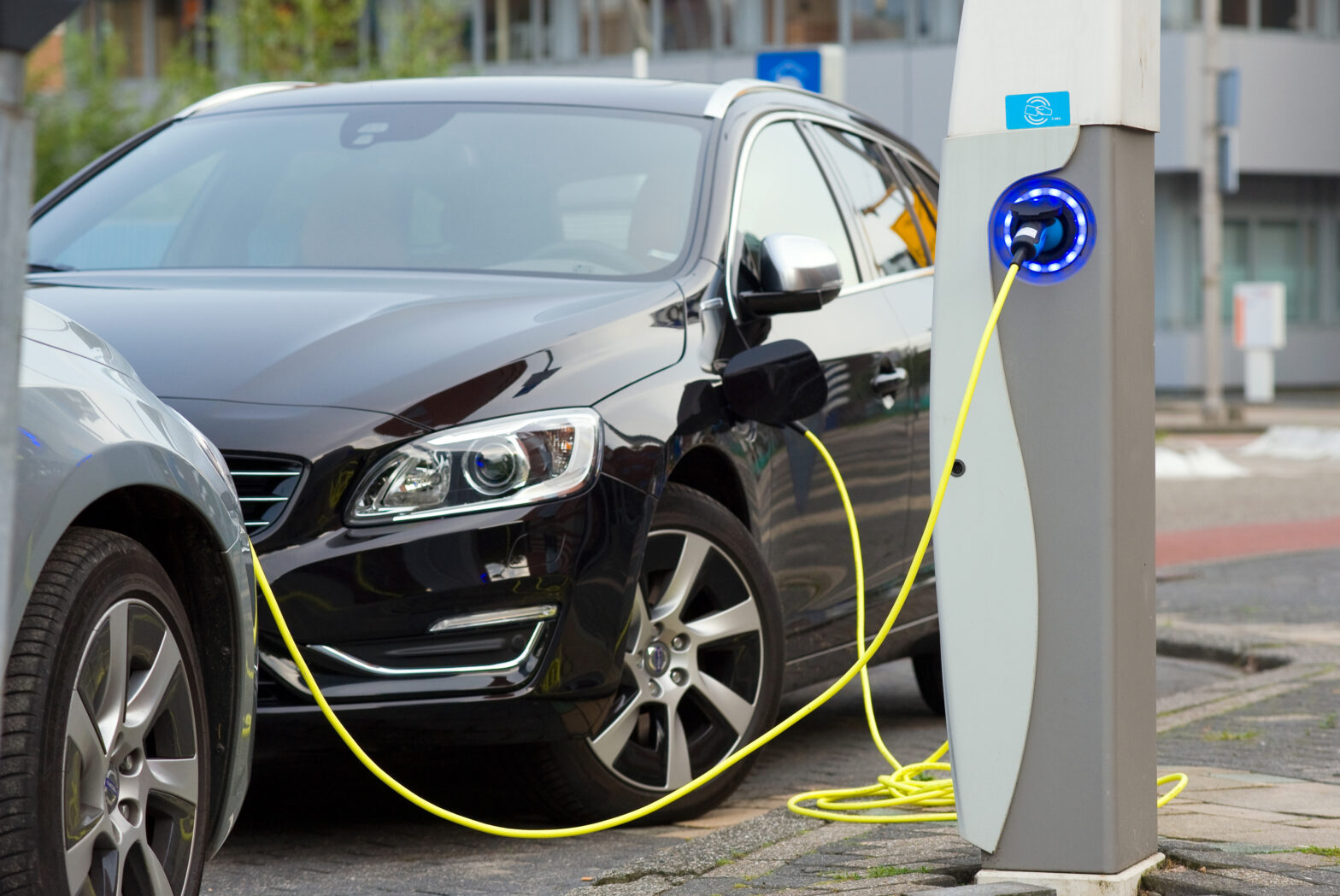The government announced tough new measures to reduce air pollution including the ban on sales of all new petrol and diesel vehicles by 2040 so there’s never been a better time to get your business ready for the electric future.
Government plans to reduce air pollution
Initially the government are urging local councils to look at traffic flow in their area. They would like actions to take place such as the removal of speed bumps and new sequencing of traffic lights that improve the flow of traffic and so therefore reduce emissions.
Following this, from 2020 the government will allow Clean Air Zones to be created. The zones will charge vehicles with high emissions to enter, in much the same way as the T-Charge will charge the most polluting vehicles to enter the city centre from October.
The last course of action will be to ban the sales of new petrol and diesel vehicles from 2040.
With charges for the most polluting vehicles potentially beginning in 2020, going green now could save your business in the future.
Financial help for businesses going emissions free
Currently in the UK, there are two main ways a business could save some money in their efforts to go emission free.
#1 Plug-In Electric Car Grant
The government offer money off brand new vehicles regardless of whether they are a personal buyer or a commercial buyer. Vehicles included in the grant are separated into different categories which each have varying levels of financial support:
- Category 1 – Cars with C02 emissions under 50g/km and which can travel at least 70 miles with zero emissions.
- Category 2
- Category 3
- Vans
– Cars with C02 emissions under 50g/km which can travel at least 10 miles with zero emissions.
– Cars with C02 emissions between 50g/km and 75g/km which can travel at least 20 miles with zero emissions.
– Those with C02 emissions less than 75g/km and which can travel at least 10 miles with zero emissions.
Cars in category 1 would be eligible for a 35 per cent contribution of the purchase price up to a maximum of £4,500. Those in categories 2 or 3 can also receive a 35 per cent contribution but up to a maximum of £2,500. For vans, a contribution reflecting 20 per cent of the price is available up to a maximum of £8,000.
These contributions will automatically be applied to all vehicles eligible, the customer does not need to do anything. Exempt from these contributions are any cars in category 2 or 3 which have a recommended retail price over £60,000.
#2 Workplace Charging Scheme
This scheme is funded by the governments Office for Low Emission Vehicles (OLEV) and is for any business, charity, or local authority.
The scheme offers a £300 contribution to any electric charge point installed, up to a maximum of 20 points, greatly reducing the overall cost.
To be eligible a business must show the following
Off street parking – a business must show they have an area off road which is dedicated to parking for staff members or fleet vehicles which is suitable for charging point installation. Applications for charge points for customer use only will not be successful.
A need for electric vehicles – a business does not need to currently own or lease any electric vehicles for the grant, they only need to show the business has a need to use electric vehicles in the future.
In return for the grant, the charge points must be maintained for 3 years and usage data supplied to the OLEV.
Applying for this grant can be done easily online. If your application is successful you will receive a voucher code via email which can be used to gain your discount from any OLEV approved installer.
See also: Business leases for electric cars – could you save your business money?
Eight benefits of electric vehicles for businesses
Fuel Costs – Considering an average cost of £2-£4 to provide 100 miles of charge for an electric vehicle compared to a £12-£15 cost for 100 miles of petrol or diesel, the fuel cost savings a business could make by going electric are clear.
Pollution Charges – The Congestion Charge and upcoming T-Charge will be avoided, saving your business over £20 each day you need to drive through the capital.
Future Proofing – from 2020 it is likely more charges will be applied to petrol and diesel vehicles seen as the most polluting, going green now saves you these costs in the future.
Reduced maintenance costs – electric vehicles have fewer moving parts than a combustion engine so cost less to maintain, saving your business money every time a service is due.
Road Tax – the road tax charge for zero emissions vehicles is £0 saving even more money per vehicle.
Employee savings – the Benefit-in-kind rate for electric cars is 0, meaning encouraging your employees to switch to an electric vehicle as their company car will save them money as well.
Company image – companies who are seen to be acting to reduce emissions are often looked upon more favourably than those who are not.
Building a customer relationship – if you have customers visiting your place of business, why not offer the opportunity to plug in their electric vehicle while they are there. This kind of customer service may help build repeat business.
By going emissions free, your business will also be helping the environment as well as reducing air pollution, which has been shown to cause many significant health problems.
After the government’s announcement, manufacturers will now be committing themselves to making advances in electric technology. Due to this new focus, the capabilities of electric cars and vans may increase over a relatively small passage of time. To further future proof your business, and ensure your vehicles have the best possible technology available, you may want to consider car and van leasing. By entering into a contract hire contract, you can hand your vehicle back after a period of 2-5 years and receive a brand new one complete with the latest electric improvements!
‘The time is right for electric cars – in fact the time is critical’
Carlos Ghosn is chairman and CEO of Renault




